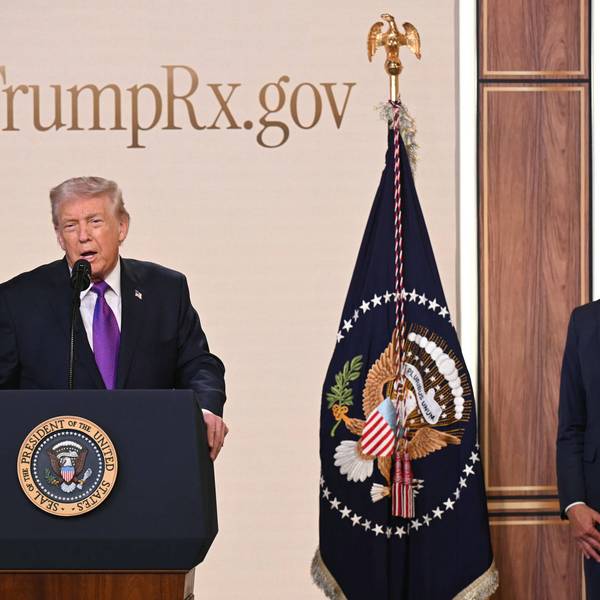It is of little wonder that Big Pharma has been exposed actively undermining efforts to legalize marijuana, after new research on Thursday found a drop in the use of opioid painkillers in that states that allow people to treat pain with good, ol' Mary Jane.
The study, published in the American Journal of Public Health, examined data on traffic fatalities in 18 states and analyzed the cases in which the presence of opioids was detected. In states that had operational medical marijuana laws, which included either "allowances for home cultivation or active dispensaries," the Columbia University researchers found "a significant reduction in opioid positivity for drivers aged 21 to 40 years."
Thus, the researchers concluded that such laws "may reduce opioid use and overdose."
"We would expect the adverse consequences of opioid use to decrease over time in states where medical marijuana use is legal, as individuals substitute marijuana for opioids in the treatment of severe or chronic pain," explained lead author June H. Kim, a doctoral student in the Department of Epidemiology at Columbia's Mailman School of Public Health.
While not the first study to suggest that legalizing marijuana may be a solution to combat the national opioid abuse crisis, the report comes after it was revealed that in Arizona the company behind the fentanyl-based medication Subsys has been pouring money into an anti-legalization campaign in an apparent bid to "eliminate the competition."
The pharmaceutical company is currently facing multiple investigations for encouraging doctors to prescribe Subsys, a fast-acting and highly-addictive drug intended to alleviate cancer pain, for off-label uses. The manufacturer, Insys, is also currently developing a synthetic version of tetrahydrocannabinol (THC), the main psychoactive ingredient in cannabis, to treat cancer-related nausea and vomiting.
"It's not the first time pharmaceutical companies have helped bankroll the opposition to marijuana reform," noted journalist Lee Fang. "The Community Anti-Drug Coalition of America, a nonprofit that organizes anti-marijuana activism across the country, has long received corporate sponsorship from Purdue Pharma, the makers of Oxycontin, and Janssen Pharmaceuticals, another opioid manufacturer."
Fang also revealed this week that major alcohol industry groups, also seemingly concerned about the competition, have made significant contributions to anti-pot legalization efforts in Massachusetts and Arizona.



